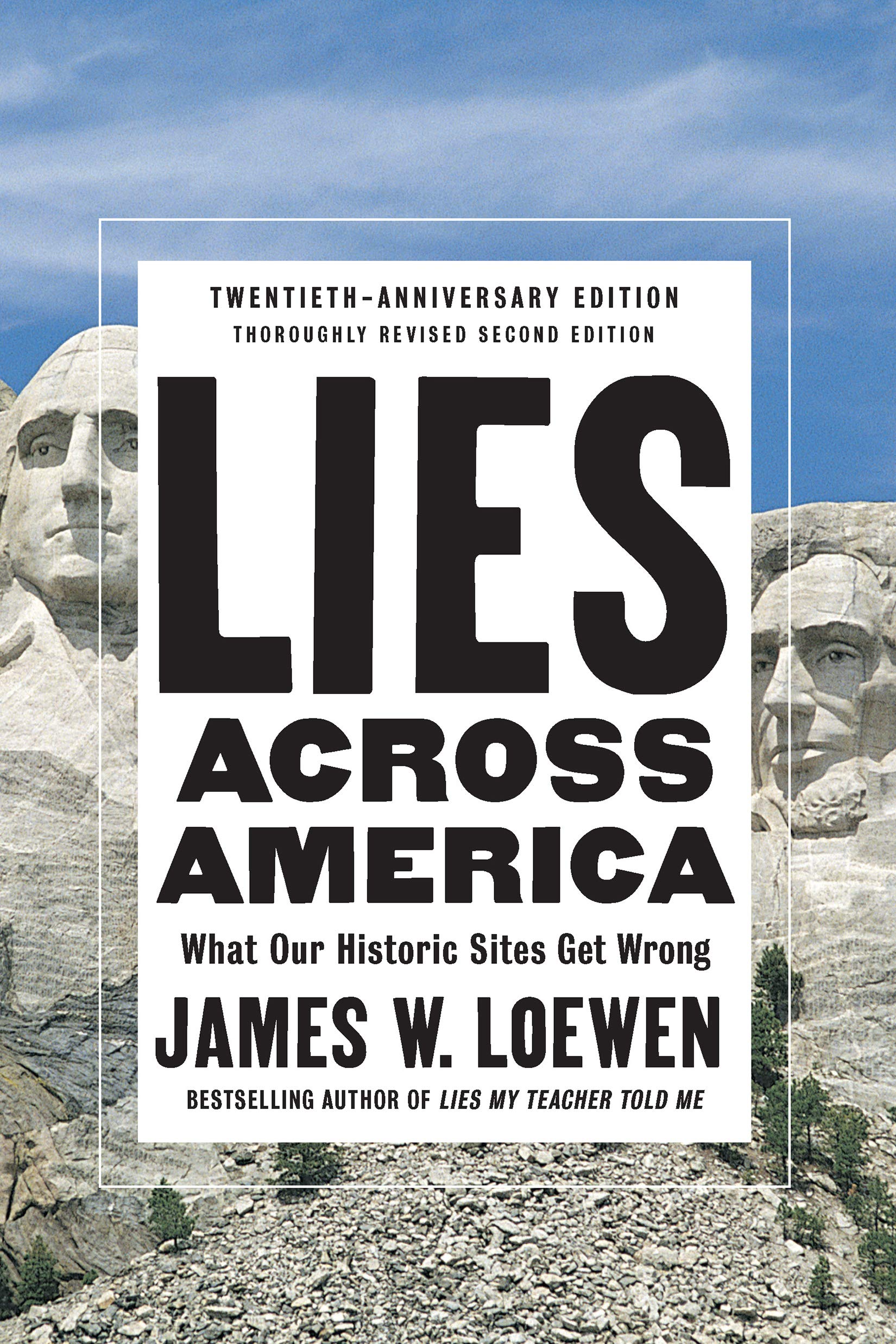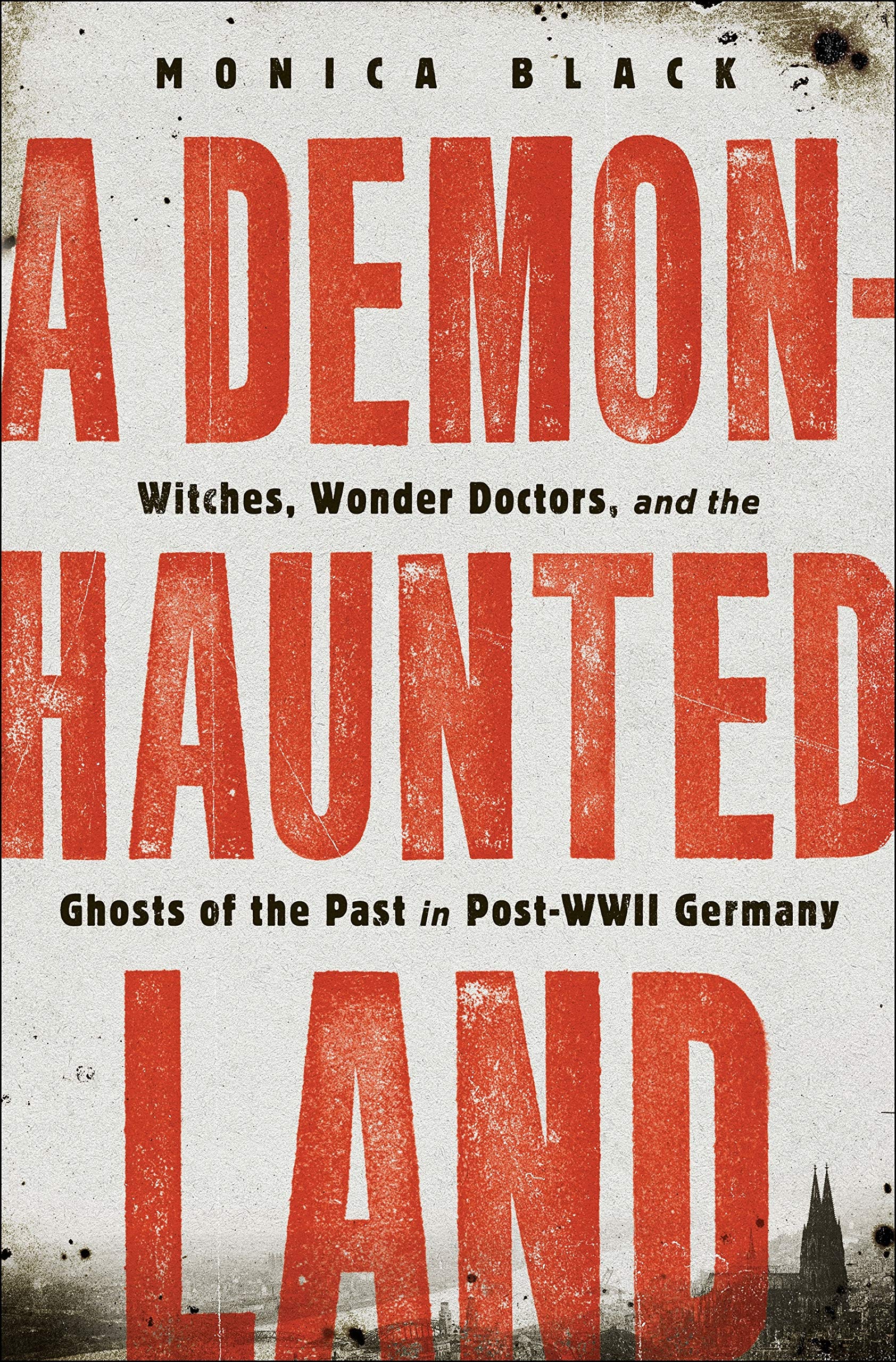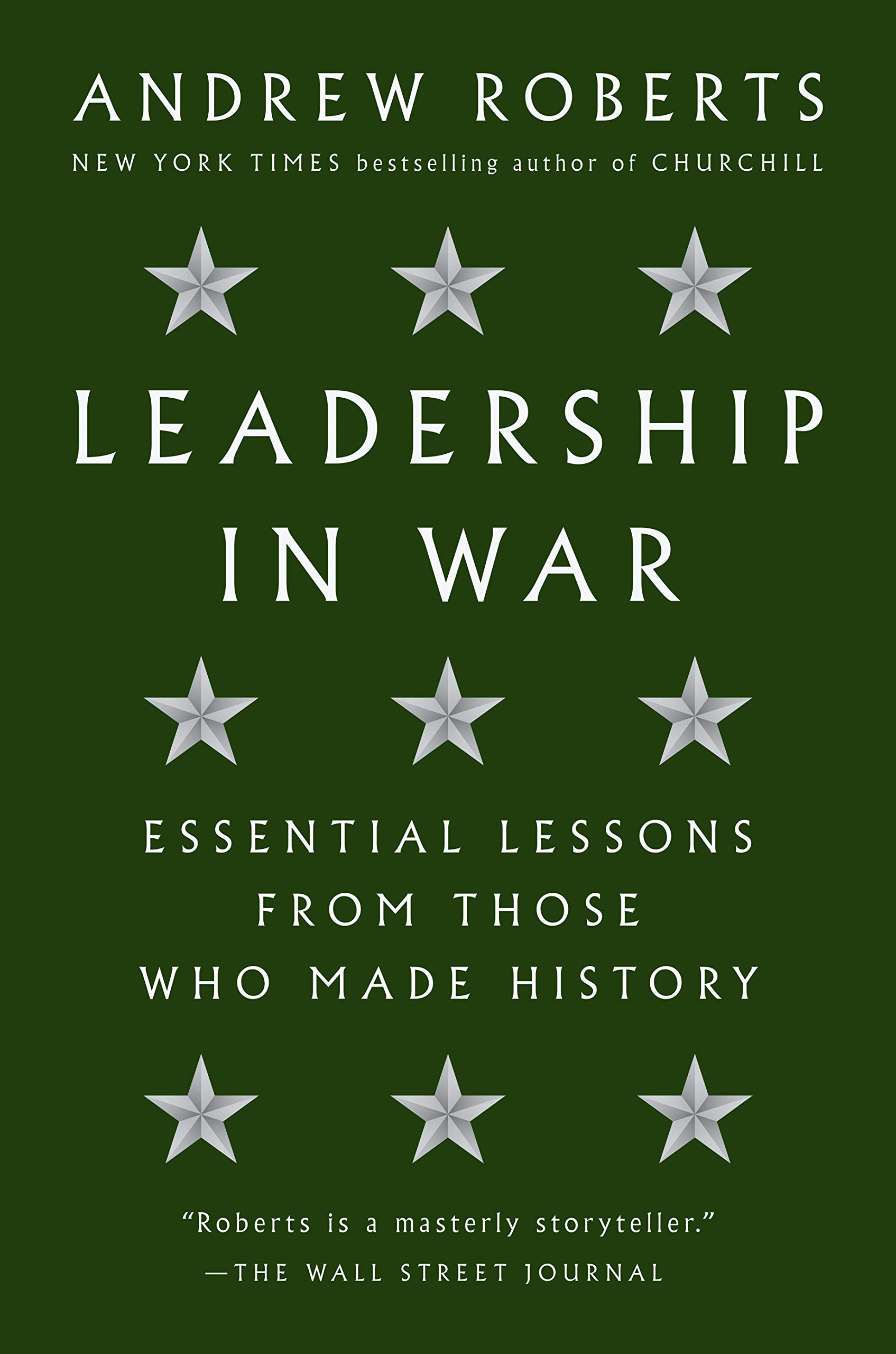Whether debunking historical fallacies, assessing the more bizarre consequences of a recent history of evil, elucidating the shared and divergent characteristics of well-known figures from history, or situating shamefully overlooked individuals in their rightful place within the historical record, the four books included in this roundup all serve to extend historical scholarship in insightful and enlightening ways.

This updated edition of Lies Across America: What Our Historic Sites Get Wrong, which examines “inaccuracies, myths, and lies [concerning] monuments, statues, national landmarks, and historic sites all across America,” really packs a punch in terms of debunking pervasive fake news regarding a wide range of sites of national historical importance. James W. Loewen, as the myth-buster extraordinaire, casts a critical eye over how and why American history is traditionally commemorated, and he engages in a whole lot of entertaining muckraking while doing so. Of course, given its remit, there’s a lot of funny material included, but the book also serves a very serious purpose, explaining how inaccurate history has been used to prop up social inequality as well as bringing to light people, places, and events that have been unjustly forgotten. It’s fascinating and a little scary to read about how American history has been blatantly skewed by those with the power to write and disseminate it.

As if World War Two didn’t have devastating and traumatic enough consequences for the national psyche, its aftermath saw a bizarre confluence of paranormal events and belief in the supernatural in Germany. Unlikely though it may seem, in addition to faith healers achieving national prominence and exorcisms becoming almost commonplace, the immediate post-war years saw an explosion in allegations of witchcraft. In A Demon-Haunted Land: Witches, Wonder Doctors, and the Ghosts of the Past in Post-WWII Germany, Monica Black charts a different course to the majority of histories of the period and examines how a national preoccupation with evil characterized Germany’s transition from a Nazi dictatorship into a liberal democracy. Drawing on a host of intriguing and previously unpublished archival materials, Black examines how these highly improbable superstitions resulted from national guilt and a reluctance to talk about and properly analyze events from the Nazi era. In doing so, she provides a sobering account of a little-known yet hugely important aspect of Germany’s attempt to reconcile its past with its prosperous seeming future.

War! What is it good for? Well, reputation building (whether for good or ill) for one thing, or so it seems. In Leadership in War: Essential Lessons from Those Who Made History, Andrew Roberts provides a series of nine pen portraits of major figures from modern history––Napoleon Bonaparte, Horatio Nelson, Winston Churchill, Adolf Hitler, Joseph Stalin, George C. Marshall, Charles de Gaulle, Dwight D. Eisenhower, and Margaret Thatcher––who are still renowned for their leadership during times of war. Roberts’ central thesis is that each of these leaders fundamentally influenced the outcome(s) of the war their country was involved in, and he sets out to examine the differences and similarities among them in an effort to better understand the qualities that characterize a war-time leader. By necessity, he does not really consider the tens of thousands of other people who contributed to the winning of the various wars, although he certainly does succeed in elucidating how war “demands and reveals the best and worst in leadership.”

Although it’s likely destined to be remembered for other things, the year 2020 marked the one-hundredth anniversary of the ratification of the Nineteenth Amendment, which granted American women the right to vote. It also saw the election of Kamala Harris as the first Black, South Asian, female Vice President of the United States. In recognition of these historic events, Vanguard: How Black Women Broke Barriers, Won the Vote, and Insisted on Equality for All, Martha S. Jones’ landmark account of African American women’s political lives in the United States, has been updated to include the vital contributions of Black women during the 2020 election. Jones offers remarkable insights into how a brave and dedicated group of women––who have all too often been overlooked in mainstream historical/political accounts––fought both racism and sexism in order to secure the right to vote and then used their new-found political power to champion the cause of equality for all people.

